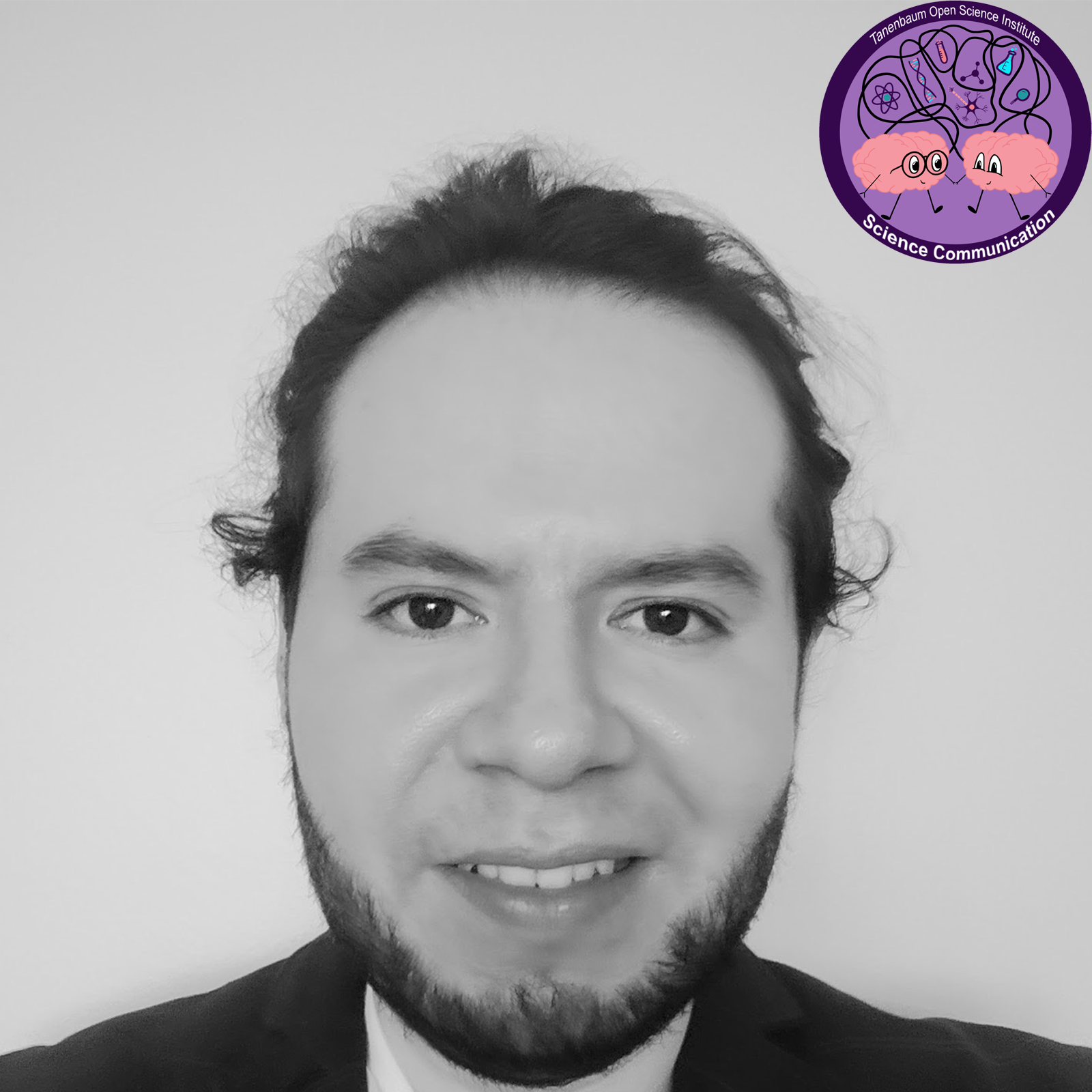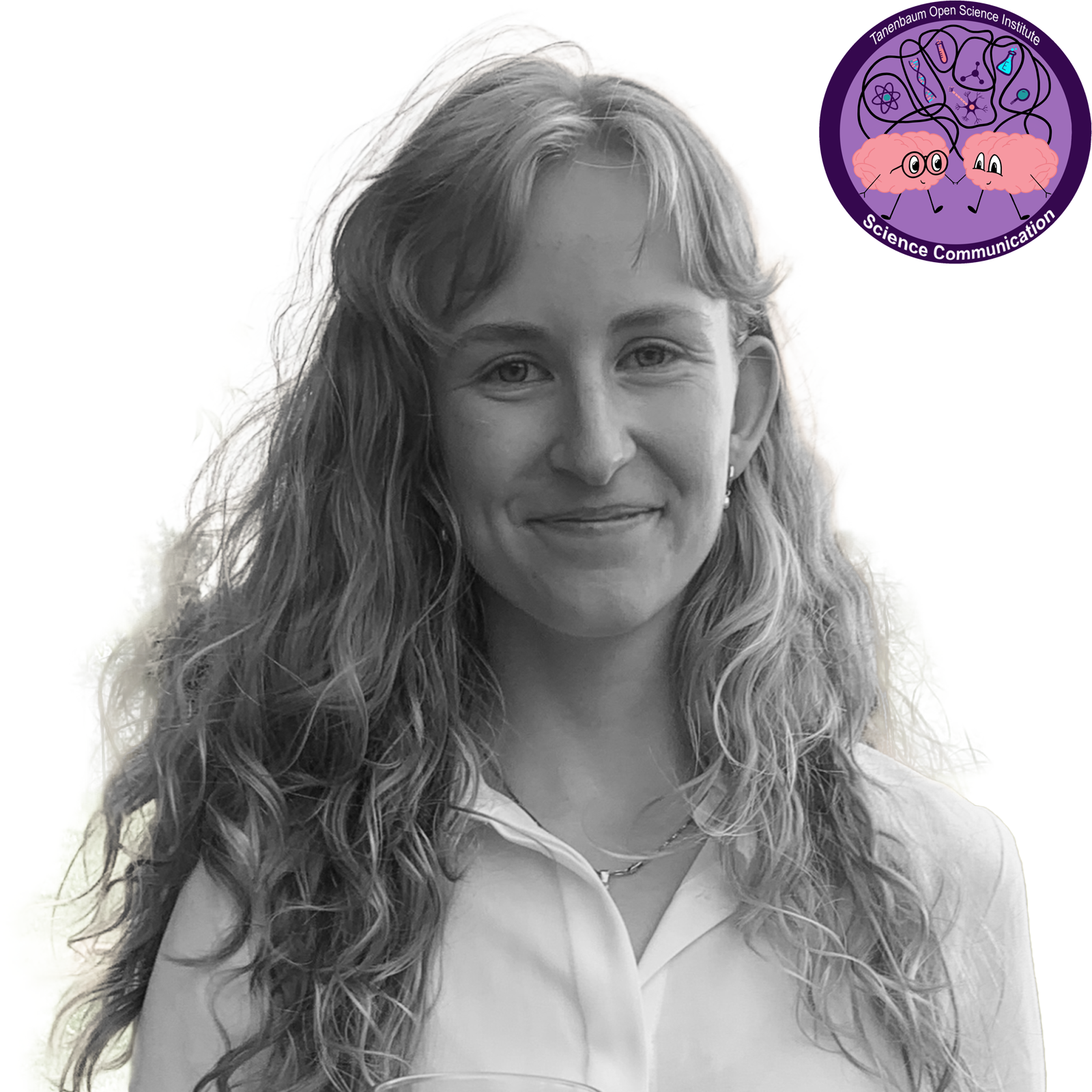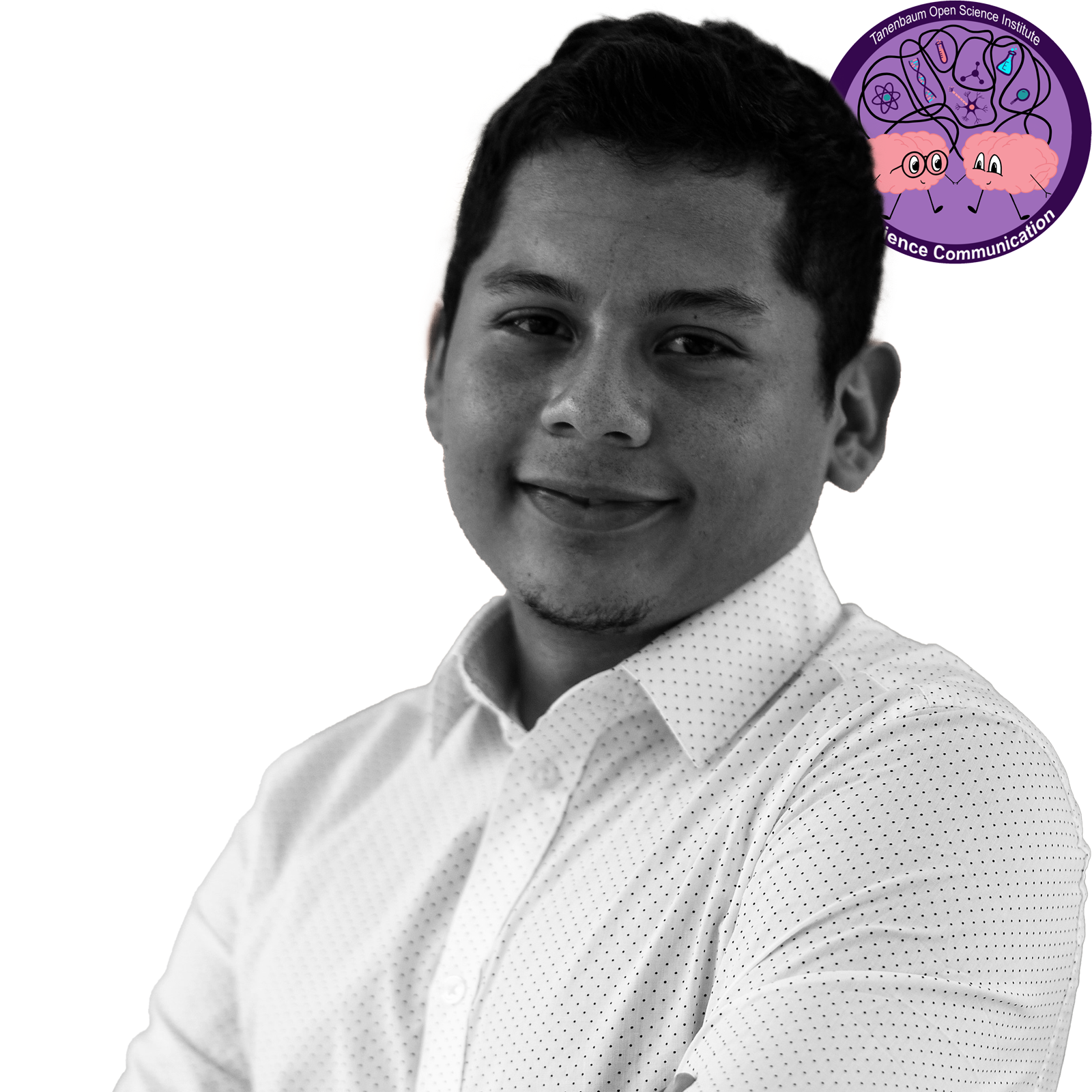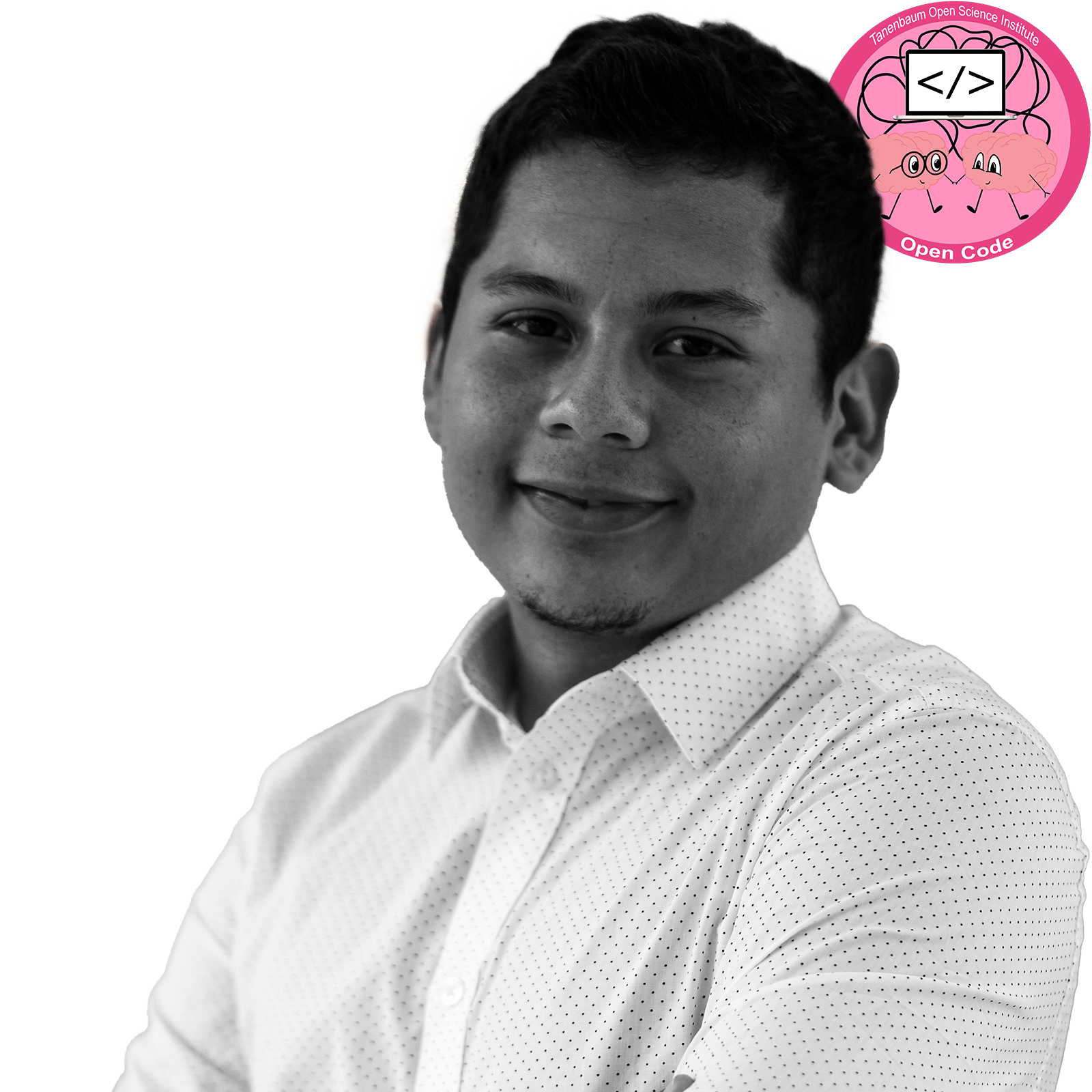Open Science Badges
Get recognized and rewarded for your contributions to Open Science.
The Open Science Bagdes program recognizes and rewards concrete and achievable contributions to Open Science by McGill trainees (undergraduate, graduate students, and postdoctoral fellows). It provides a structured pathway for trainees to begin their Open Science journey or expand on the one they are already on by working towards earning badges in core areas of Open Science. This is a joint initiative by the Tanenbaum Open Science Institute (TOSI) Trainee Council and TOSI core team with support from the Open Science Office Hours team.
Why participate?
- To highlight your commitment to Open Science
- To have your contributions formally recognized in your McGill co-curricular file (CCR) (Applicable only to McGill students)
- To receive financial incentives for your achievements at the end of each academic year
- To improve your Open Science skills, increase your network, and be part of a vibrant Open Science community
Eligibility
- All currently enrolled McGill students or current McGill postdoctoral fellows are eligible. Please note that for undergraduate students, it is not necessary to be currently engaged in research in a laboratory.
- The achievements and documentation presented to request a badge must not be more than 2 years old.
- You can find more details about the requirements and application process on each specific badge page below.
Applications are ongoing until the maximum number of badges available is reached. Up to 25 badges will be distributed in the fall.
Application
Apply now using this application form to earn your first Open Science badge!
Available Badges
FAQ
Open Science Office Hours support is available to assist you with any Open Science practice you may be struggling with in the process of obtaining the badges. Visit the Office Hours page to learn where, when, and how to find us.
General
Why is Open Science important?
Open Science implements transparency and reproducibility in scientific research while contributing to the standardization and integrity of scientific research and the creation of a highly collaborative community to advance science for the benefit of humanity. Implementing Open Science also benefits you and your lab: it makes your research more efficient and more likely to be cited.Is there a hierarchy between badges?
No, the badges are independent of each other. You can apply for and earn different badges as long as you meet the requirements for each badge.Do badges expire?
No, they do not expire.Can I get support to help me improve the skills needed to earn a badge?
Yes, support is available through the Open Science Office Hours (OSOH) drop-in sessions. Consult the Office Hours page to learn how you can get help from the OSOH team.Application Process
Why should I apply for an Open Science badge?
To support and engage in Open Science initiatives in your specific area of expertise, while being rewarded and recognized for your efforts.Who can apply for an Open Science badge?
All trainees (graduate students and postdoctoral fellows) and undergraduate students who are currently registered at McGill.Can co-applicants come from outside the student and postdoctoral community? Can co-applicants be from an institution other than McGill?
Yes, but the main applicant must be a currently registered McGill student or postdoctoral fellow.How do I apply for an Open Science badge?
Use this form to apply for an Open Science badge. The criteria for each badge can be found on their respective pages on this website.How recent should documents submitted as part of the application process be?
The documents provided must not be older than 2 years.In which languages can I apply for a badge?
In French or English.Where can I find the checklist for each badge?
A checklist is available on each badge specific page.Can I apply for more than one badge?
Yes! You can apply for as many badges as you want with two conditions: 1. Be eligible for the badge(s) you are applying for 2. Submit different documentation for each badge.Evaluation Process
How is the documentation scored?
A scoring rubric for each specific badge can be found on the badge's page.Who evaluates the badges submissions?
The evaluation committee is composed of members of the TOSI Trainee Council and the TOSI core team.How long does it take after applying to receive results?
The evaluation process is carried out on an ongoing basis and can take anywhere from a few weeks to 4 months, depending on the number of applications we receive.Recognition
What are the advantages of earning an Open Science badge?
This badge will allow you to participate or increase your involvement in the Open Science community. It will also be a valuable asset for your professional profiles such as ResearchGate and LinkedIn, as well as for your CV.How will a team applying to the program receive credit?
To ensure proper credit, the team must specify each member's contribution percentage and contribution order when submitting their application.What is the financial compensation per badge?
It is 100$ per badge. Up to 25 badges will be distributed in the fall.Can my participation in the program earn me academic credits?
The Open Science badges do not count towards McGill credits but can be officially recognized through the McGill Cross-Curricular record.Past Awardees

Tamires Corrêa Marçal
Open Database Mastery
For incorporating open data from the BigBrain project and the Nathan Kline Institute-Rockland in her Master's research.





